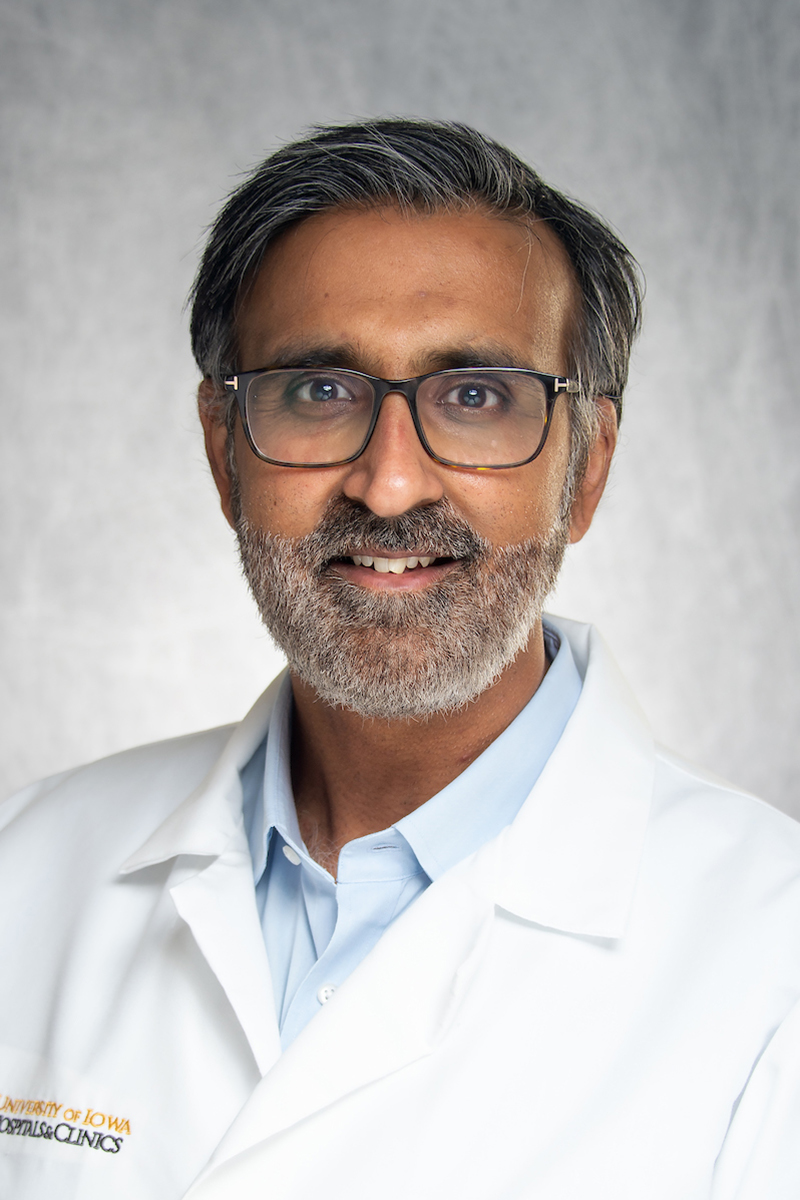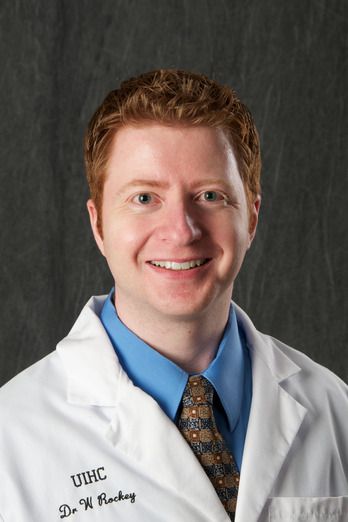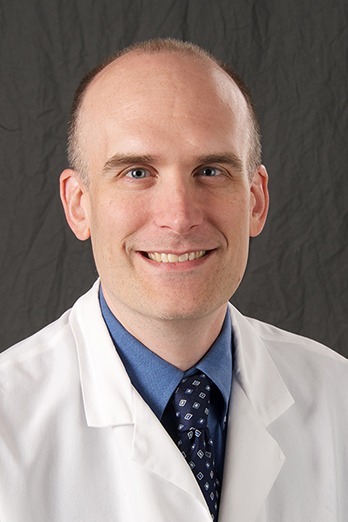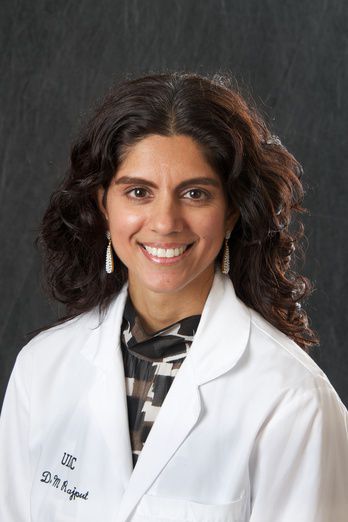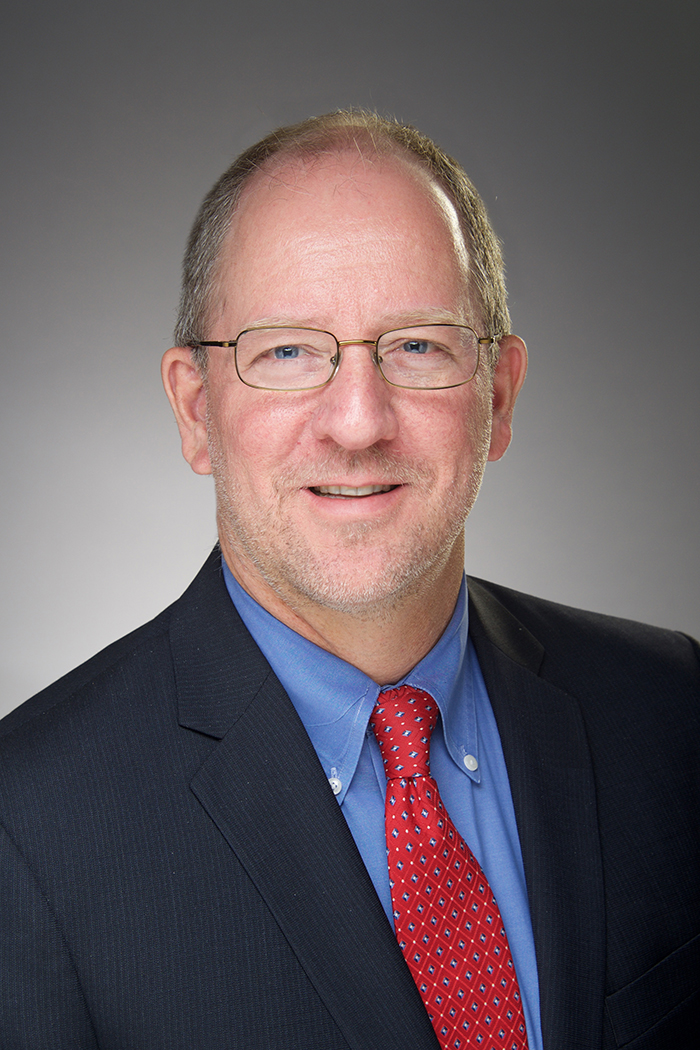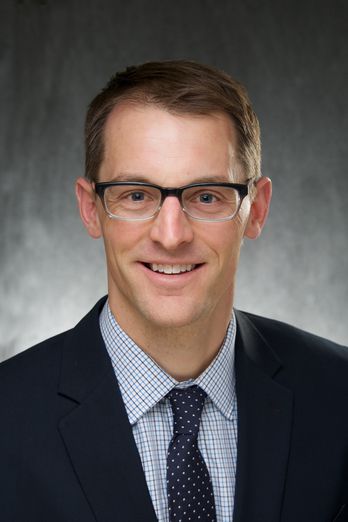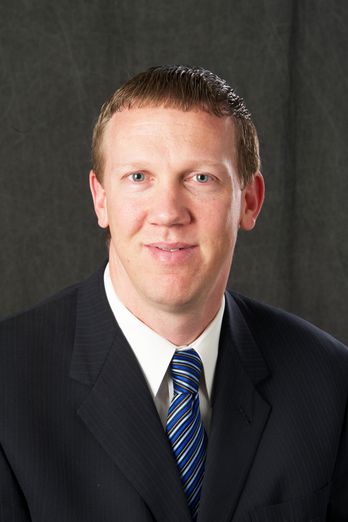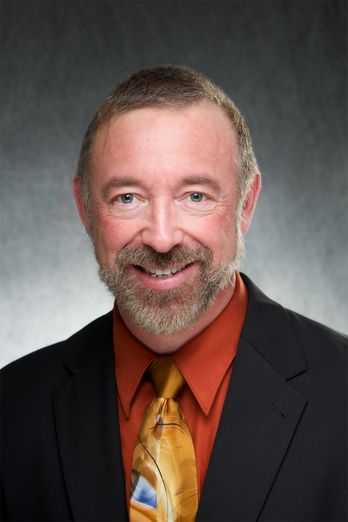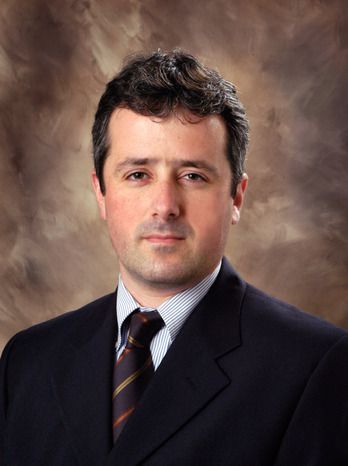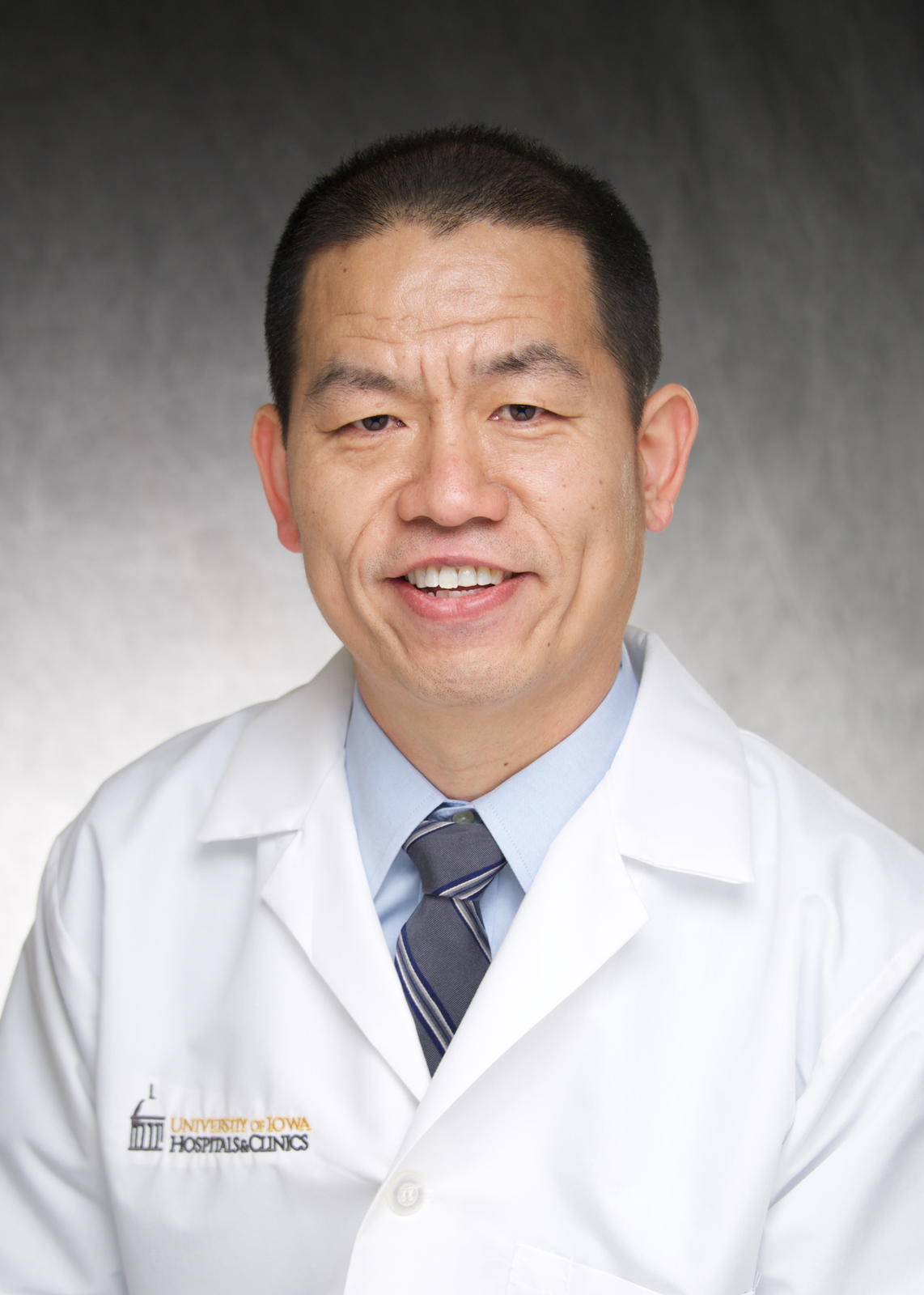You can check yourself for symptoms of testicular cancer.
Many men discover their own testicular cancer before their doctor does by finding a lump in their testicles. If your testicular cancer is found early, you have a much better chance of having successful treatment.
You should do a self-exam for testicular cancer regularly. This gives you a better chance of finding testicular cancer early, before it can spread.
The best time to do a self-exam is after a warm bath or shower, using your fingers and thumb to hold each testicle and feel it gently.
During your self-exam, check for:
- Lumps, no matter how small
- Changes in the size or shape of your testicles
Other signs of testicular cancer to watch for:
- Any pain or discomfort in a testicle or the scrotum, the skin that holds the testicles
- A dull ache in your abdomen, back, or groin
- A sudden feeling of fluid in your scrotum
- A feeling of heaviness in your scrotum
Learn the facts about testicular cancer.
- Testicular cancer is most commonly diagnosed in white men between age 20 and 35.
-
Men of all races and ages can get testicular cancer, but it’s more common in younger men.
A risk factor is anything that increases you chances of getting a disease. Risk factors for testicular cancer include:
- A family history of testicular cancer
- An HIV infection
- Cryptorchidism (one or both testicles are undescended)
- Ultrasound or other imaging tests can help detect testicular cancer.
-
If you think you’ve found a sign of testicular cancer, your doctor will examine your testicles to decide if further testing should be done.
Tests used for diagnosing testicular cancer include:
- Blood tests
- Ultrasound
- CT or MRI scans
If your doctor finds signs of cancer, you may undergo a biopsy. Biopsy is a surgery to remove a small piece of tissue for close examination in a lab.
- Surgery to remove the testicle is the most effective treatment for testicular cancer.
-
Removing a testicle with surgery is called a radical inguinal orchiectomy. After the surgery, you will probably also have chemotherapy or radiation therapy to kill any cancer cells that may remain in your body.
You can get cancer in one testicle or in both testicles at the same time. If you have one testicle removed, that doesn’t cause impotence or prevent you from having children later. The remaining testicle will still make sperm and testosterone. You may need to take medications if your testosterone level drops below normal.
If both testicles are removed, you will no longer be able to produce sperm or testosterone and won’t be able to biologically produce children. Many men choose to preserve some of their sperm in a sperm bank before having testicles removed so they can father children later.
At Holden, we provide personalized care for your entire testicular cancer journey, including fertility care.
Our testicular cancer care puts you at the center of a team of experts who create a personalized care plan just for you and your cancer. We offer:
- Experts who focus on testicular cancer: Our team of doctors specializes in cancers of the urinary system. They understand the disease and know about the most recent treatment options.
- Surgical options and more: We have surgeons with testicular cancer expertise. Your surgery may be followed with radiation, chemotherapy, or a bone marrow transplant.
- Fertility care: Even if you have testicular cancer, you can preserve your ability to have children later. UI Health Care has special expertise in fertility preservation so you can save your sperm before your surgery or chemotherapy.
- Clinical trials of the latest therapies: Our doctors also are testicular cancer researchers who participate in studies of promising new therapies. They make these treatments available to Holden patients before they’re widely available on the market.
Your team specializes in caring for you.
Internal Medicine Physicians
Pathology Physician
Radiation Oncology Physicians
Radiology Physician
Urology Physicians
Physician Assistant
Research Nurses
- Michelle Arnold, RN
- Susan Butcher, RN
- Janan Geick-Miller, RN
- Mary Schall, RN
- Jill Wegeman, RN
- Pam Zehr, RN
Cancer Care Clinics
Clinical Cancer Center
21602 Pomerantz Family Pavilion (PFP)Elevator M, Level 1
Phone: 1-319-356-4200

